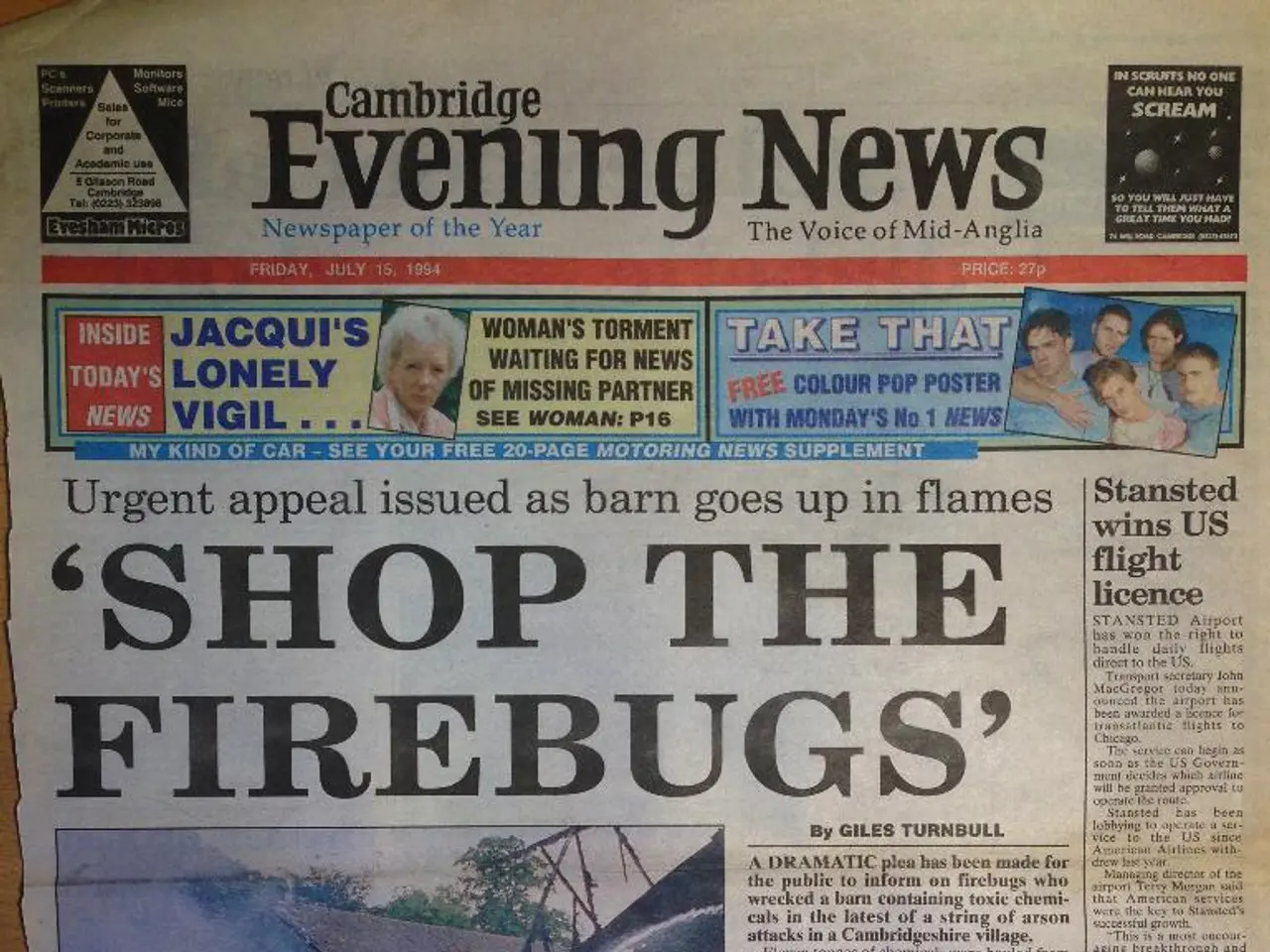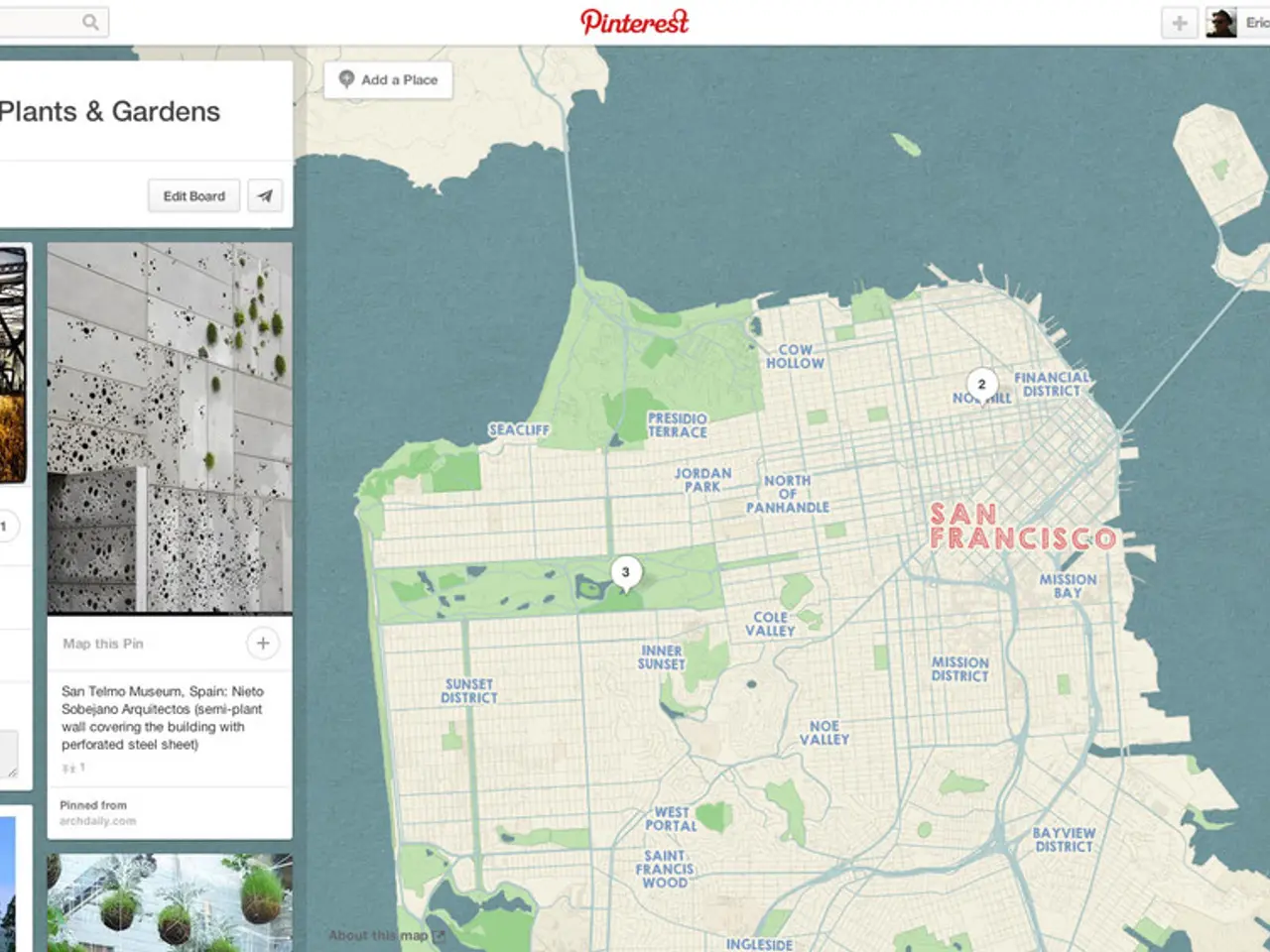Updated Feed Information via RSS
In the digital age, staying informed and updated has never been easier, thanks to the use of RSS feeds. These feeds, standing for Really Simple Syndication, are a technology used for news distribution in a uniform data exchange format. This article aims to clarify the rules and best practices for using RSS feeds, whether for personal or commercial purposes.
For personal use, subscribing to and reading RSS content is generally allowed with minimal restrictions. You can use the feed to keep up-to-date with content, such as reading news, blog posts, or updates on topics of interest, privately. Most sites allow personal use under fair use policies, provided you do not modify the content and you respect original source links. For example, THX News permits RSS feed use for personal, non-commercial purposes as long as you provide a clear link back to the original article and do not alter the content.
However, commercial use involves using RSS feed content to generate revenue or promote a business. This could include embedding content on a commercial website, using it in newsletters for marketing, or auto-sharing via social media tools. Commercial use usually requires explicit permission or a license from the content owner because it may infringe on copyright or advertising rights. Altering the content or republishing it without permission can violate terms of use.
Key differences between personal and commercial use are summarised in the table below:
| Aspect | Personal Use | Commercial Use | |-------------------------|------------------------------------|------------------------------------------------| | Permission Required | Rarely, generally allowed under fair use | Usually required; explicit permission or license recommended | | Content Modification | Typically not allowed | Not allowed unless permitted by copyright holder | | Attribution | Link back to source recommended | Mandatory in most cases | | Usage | Private reading, personal updates | Publishing, marketing, auto-posting on social media, newsletters | | Enforcement | Minimal | Stricter; sites may block or take legal action against unauthorized commercial use |
When in doubt, it is always best to check the terms of use or licensing statements on the website providing the RSS feed. Contacting the site owner for permission before commercial use is the safest approach.
Our website generates RSS feeds, including a general news feed and specific feeds for topics, keywords, and authors. For instance, you can find an author-specific feed for Besim Karadeniz at https://www.ourwebsite/authors/besim/feed/. The general news RSS feed can be accessed at https://www.ourwebsite/feed/.
It is essential to note that images from RSS feeds are not license-free and are often only licensed for publication on the website. Users can create a personalized news magazine by using various RSS feeds. For private and personal use, RSS feeds can be subscribed to using conventional feed readers and web browsers.
However, if a feed reader is accessible to the general public without login, it may not be used to add an RSS feed from the website. RSS feeds are available for use with RSS readers, servers, apps, and certain web browsers.
Direct republication or syndication of these feeds is not permitted. Google News, Flipboard, and Bing News are the exceptions to the no-syndication rule for the website's content. However, RSS feeds from these platforms are also not allowed.
In conclusion, personal use of RSS feeds is generally allowed with minimal restrictions, mainly requiring you to credit the source and not modify content. Commercial use is more regulated, often needing permission and adherence to content use policies. Always check the terms of use or licensing statements on the website providing the RSS feed before using it for commercial purposes.
In the realm of RSS feeds, personal use typically involves reading content (such as news or blog posts) privately and without modifying the original data, while providing attribution to the source. For instance, THX News allows RSS feed use for personal, non-commercial purposes, requiring only that you link back to the original article.
On the flip side, commercial use pertains to activities like generating revenue or promoting a business, often involving RSS feed content in newsletters, on websites, or through social media tools. Commercial use usually requires explicit permission or a license from the content owner, given the potential implications for copyright and advertising rights.



